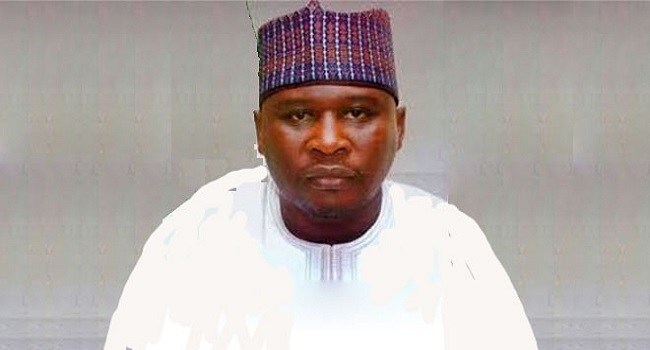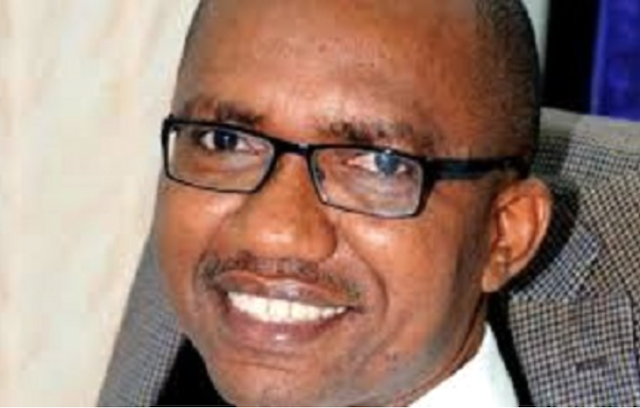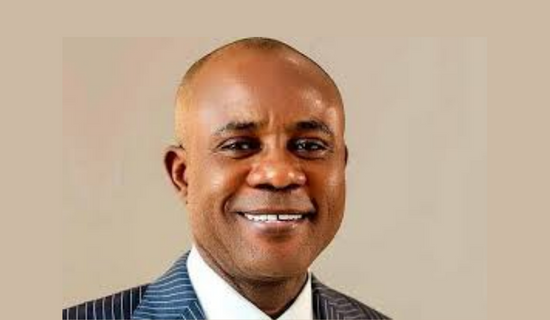In the last one and a half decades, Rabiu Kwankwaso has been the most charismatic politician out of Kano after the passing of Abubakar Rimi. Kwankwaso is not just charismatic; he is consequential, with a cult-like following that responds twice, even when he calls once.
He is facing yet another defining moment in his political career. The outcome of the ruling of the Supreme Court in the case between the Kano State Governor Abba Kabir Yusuf of the New Nigeria Peoples Party (NNPP) and his rival, Nasiru Gawuna, of the All Progressives Congress (APC), could well determine if the sun has finally set on Kwankwaso’s reign or whether he would get a new lease of life.
Kwankwaso’s protegee, Yusuf, lost at the election petition tribunal and also at the court of appeal, where Gawuna had challenged his election on three main grounds: 1) That Yusuf is not a registered member of the NNPP; 2) That 165,663 out of the 1,019,602 votes scored by the NNPP were invalid because the ballots were neither stamped nor signed, therefore reducing his total valid votes to 853,939, and 3) That he, Gawuna having scored 890,705 votes with margin of nearly 36k, won the governorship election and should be declared governor.
The lower courts agreed with his submissions in rulings – one from an undisclosed location and the other from cyberspace – that sparked widespread protests in the state, not to mention accusations of compromise. Even though a member of the tribunal raised the alarm that some persons were trying to lean on her by offering financial gifts through a proxy, all allegations of wrongdoing have been denied by the judiciary. All eyes are now on the Supreme Court.
Nigeria’s courts have been swamped with election petitions, making election litigation one of the fastest growing industries. Voters vote, but judges choose the winners.
In spite of the large number of decided election petition cases in the last over 20 years, however, there have been only a few where the two lower courts ruled in one way, only to have their rulings overturned by the Supreme Court. Governorship election petitions used to end at the Court of Appeal. Even after the law was amended to take governorship election disputes up to the Supreme Court, the norm was a split decision between the lower courts, before the final ruling by the Supreme Court.
From the case involving Rotimi Amaechi and Celestine Omehia in 2007, to the ruling in 2016 where the Supreme Court set aside the ruling of the two lower courts and declared Nyesom Wike as the validly elected governor of Rivers State (without giving reasons for its decision), perhaps the most dramatic of the three or four exceptional cases was the one in 2019 involving the Imo State Governor, Hope Uzodimma.
Apart from Reverend Ejike Mbaka whose extraordinary gift enabled him to foretell the outcome of the Uzodimma case in his famous “I see hope” speech, most normal, reasonable people could not fathom how a man who came fourth place in an election could become first. Yet, in a landmark decision wonderful beyond understanding, the Supreme Court overturned the decision of the two lower courts and ruled that Uzodimma won the election.
Kwankwaso and his supporters obviously hope to beat the odds, which in any case, are perhaps not as formidable as those of Uzodimma. But Gawuna’s backers appear to have gone even one step further to secure their current juridical advantage. On the state’s Wikipedia page, for example, some folks terminated the tenure of Yusuf in November when the Court of Appeal gave its ruling. Gawuna is described on that page as “incumbent governor” from November!
Kwankwaso has fought many wars but this battle may redefine the rest of his political days, and those of the Kwankwasiyya movement. His first significant defeat was 20 years ago, when he failed his second term bid for governorship. In the wave of political sharia sweeping the North at the time, Kwankwaso had positioned himself as a moderate.
His opponent, Ibrahim Shekarau, did two things: he latched onto the Muhammadu Buhari bandwagon, under the flag of the All Nigeria Peoples Party (ANPP); and more important, played the sharia card. He succeeded big, not only in dislodging Kwankwaso, but also becoming the first two-term governor in Kano.
Shekarau defeated Kwankwaso again in the contest for a senatorial seat in 2019, after latter’s first tenure as senator. The leader of the Kwankwasiyya
movement was caught in the maelstrom of the APC presidential primaries, but in the run-up to the 2019 elections, he decamped back to the PDP. To be fair, during APC’s 2015 presidential primaries, Kwankwaso was the preferred candidate of the APC National Leader, Bola Ahmed Tinubu, at the time, before a strong Northern lobby pressed Buhari into the race.
Shekarau exploited the accumulated rage of the pro-Buhari crowd, kindled against the leader of the Kwankwasiyya movement for daring to challenge Buhari’s talismanic hold on Kano.
But Kwankwaso has matured since, especially after his eventful second term as governor, during which he was widely acclaimed for paying serious attention to education, health and infrastructure. Also, leveraging the crucial place of Kano as the Nigeria’s largest political vote bank, he played a decisive role, along with four other governors of the People’s Democratic Party (PDP) in 2015, that led to the fall of President Goodluck Jonathan’s government.
Perhaps the most significant marker of his political maturity was the formation of the NNPP only months to the last general elections and yet carrying one state – the most politically significant in the North West – and coming fourth in an election contested by 18 political parties. This legacy is now threatened.
If Shekarau was his nemesis in the past, his nemesis for the last eight years has been his former deputy and Chairman of the APC, Abdullahi Ganduje. In the battle at the Supreme Court, Yusuf and Gawuna are, in a manner of speaking, pawns. The chess masters are Kwankwaso and Ganduje.
After the last general elections, Kwankwaso seemed to have the aces. He had literally secured a third term in Kano and President Tinubu, the winner of the presidential election, needed to court him. Not just because he proved himself in present reckoning, but also because anyone in charge of Kano would be indispensable in future political calculations.
After the elections, while Ganduje was still looking for a second address, Kwankwaso was already on Tinubu’s speed dial. He held several exploratory meetings with the President both in the country and in Paris for a potential role in the new government. I’m told that he was, in fact, considered for either the Ministry of Education or FCT.
Ganduje and a few other influential politicians close to Tinubu panicked. But Ganduje, a man who looks incapable of hurting a fly, but doesn’t mind hunting a lion for game, waited for his time to pounce. Once he was appointed APC chairman, in spite of Kwankwaso, he slowly clawed himself back and swung the wrecking ball in cahoots with a few insiders who were also uncomfortable with Kwankwaso.
Ganduje also consolidated his hold on the President after Gawuna won the first round of victory at the tribunal. Then Kwankwaso, whether out of frustration or defiance, made what was potentially a serious mistake. He held a closed-door meeting with Atiku in Abuja and left the press and politicians to pour petrol into the fire by making wild guesses about the motive for the meeting.
The battle has now entered its final phase. If the Supreme Court bucks the trend and rules in favour of Yusuf, Kwankwaso would have used one judicial stone to vanquish Shekarau and Ganduje, two of his most potent longstanding enemies. If, on the other hand, the Supreme Court upholds the ruling of the lower courts, Kwankwaso’s decline will start in earnest, sucking his cult and scattering his sheepfold.
Inconclusive is an unlikely outcome. But who knows?






